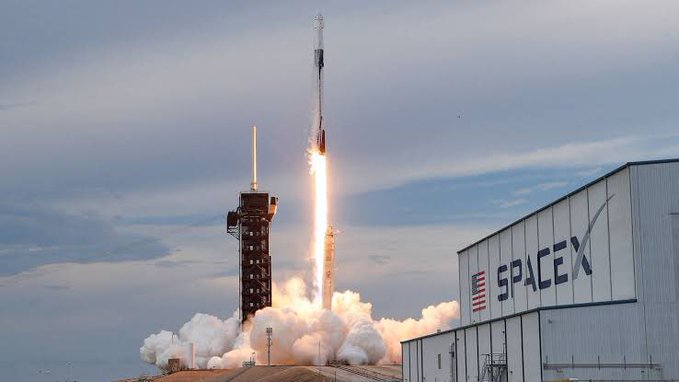Brazilian President Luiz Lula da Silva sharply criticized U.S. President Donald Trump’s decision to impose higher tariffs on a wide range of goods, emphasizing that such protectionist policies do not benefit any country, including the United States.
Lula’s remarks came during a press conference in Tokyo, following the conclusion of his four-day visit to Japan. He expressed deep concern about the U.S. government’s actions and the potential harm they could cause to both the U.S. and global economies. In particular, he highlighted the decision to impose 25% tariffs on automobile imports, a move that could significantly impact Japan, one of the largest exporters of cars to the U.S.
The Brazilian president argued that these tariffs would lead to higher prices for American consumers, which would increase inflation and likely result in higher interest rates. This, in turn, could hinder U.S. economic growth. Lula added that Trump is the president of the United States, not the world, and stressed that “this protectionism doesn’t help any country worldwide.”
Brazil, which is the largest exporter of steel to the U.S., is considering filing a complaint with the World Trade Organization (WTO) and may impose retaliatory tariffs on American imports. However, the U.S. is not at the top of Brazil’s trade response list, as it remains Brazil’s second-largest trading partner, with a trade surplus of $7.4 billion in 2024, a 32% increase from the previous year.
In addition to Brazil’s response, Japanese Prime Minister Shigeru Ishiba expressed his country’s desire to be exempted from the U.S. tariffs, while underscoring the importance of strengthening economic cooperation between Japan and Brazil in light of these challenges. Yoshimasa Hayashi, Japan’s Chief Cabinet Secretary, described Trump’s decision as “extremely regrettable” and called for the U.S. to reconsider the tariffs.
The United States remains Brazil’s second-largest trading partner, with significant exports of oil, iron, and steel, while Brazil imports items such as crude oil, turbines, aircraft, chemicals, and machinery from the U.S.
As the trade war between the two nations unfolds, the global economic landscape continues to be shaped by such unilateral policies, raising concerns about the future of free trade and the multilateral system.




